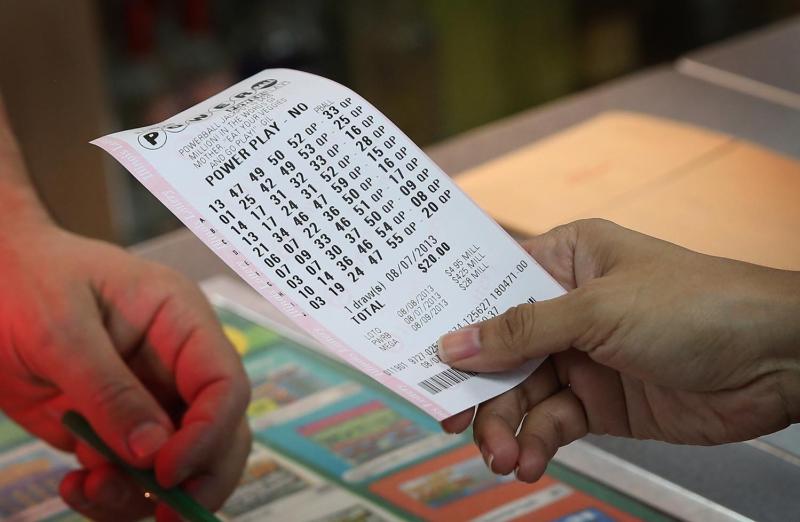What Is Mega Millions Scam And What You Must Watch For?

Ever since the beginning of major lotteries such as the Mega Millions, there have been people trying to scam people out of their hard-earned pay through lottery scamming. The scammer will always try to obtain personal information such as banking details from the victim, which they will use to empty their bank accounts.
However, if you follow some simple tips, you can significantly reduce the chance that it will be you who is scammed and left in despair.
The Mega Millions Scam
Recently, Mega Millions identified that there has been a new bout of scamming using the Mega Millions name to entice unsuspecting victims into parting with their private information and banking details. The scam begins by claiming that the victim has won a large sum of money in the Mega Millions, with the person in the email or phone call claiming to be a program co-ordinator for the Mega Millions. It is important to note that it is not possible to win a prize for a lottery that you have not entered and Mega Millions representatives will never contact you regarding a win or fees before you receive your winnings.
Lottery Scams in General
This scam is typical of phone or email scams involving lotteries. The victim of the scam is contacted, most commonly by telephone or email.
The victims are promised vast fortunes in winnings of legitimate lotteries (such as the Mega Millions) or ones that the victim is not likely to know exist (such as bogus lotteries from other countries). However, in order to be able to claim these riches, the victim must first give their personal information, with their banking details being the primary target for the scammers. Once the victim gives over this information, the scammers rapidly use it to drain the bank accounts of the victim, leaving them with no funds or even in huge amounts of debt within a matter of minutes.
It is important to note that in most legitimate lotteries, you will not be contacted by any member of the organisation that runs the lottery. The employees of the companies running the lotteries such as the Mega Millions rarely know who has won a draw. It is your responsibility as a player to claim any winnings that you have managed to obtain by having a winning ticket. More importantly, remember that you cannot win any lottery that you have not entered.
Types of Mega Million Scams
Types of Mega Millions Scam
Mega Millions scams can take five different forms:
- Email: An email is sent to the victim, letting them know that they have won a large sum of prize money and it asks them to pay ‘fees’ or ‘taxes’ if they want to receive the full prize winnings. A link to a website where prizes can be ‘claimed’ may also be included in the email, which could be used for ‘phishing’ personal information or installing spyware on the victim’s computer, giving the criminal access to private information.
- Mail: Similar to email scams, a mail scam will try to convince the victim that they have won a huge sum of money and that they need to mail back a portion to be able to receive the full sum.
- Phone: The fraudster calls the victim to notify them that they have won a large Mega Millions prize in the hope that they will agree to paying any ‘fees’ or ‘taxes’ to release the money. Scammers often use specific area codes that look like domestic U.S. phone numbers to trick victims, including; 876 (Jamaica), 473 (Grenada) and 268 (Antigua). Scammers may also attempt to find out the victim’s bank details in order to access their accounts illicitly.
- Cell Phone: Scammers send a text message to the victim from an unknown number telling them that they have won a Mega Millions prize. To claim the prize, victims are requested to call the number back, often on a premium rate number.
- Social Media: The victim receives a message on their personal Facebook, Twitter or another social media platform notifying them that they have been selected to win a Mega Millions prize. They are then told to act immediately and follow a specific, often malicious, link to claim the prize.
5 Tips to Help Avoid Being Scammed
Apart from the advice listed above, there are 5 things to remember and actions you can take to protect yourself from being the victim of a scam:
- Use caller-ID on your telephone. If you receive a call claiming that you have won a lottery based in the United States (such as the Mega Millions) but the call comes from another country, they are scamming you.
- Be aware that even with caller-ID, scammers may use technology that changes how their telephone number appears. So, even if a number appears to be from within the United States, be wary.
- Do not give out your personal information, especially your banking details. Even if they say that the prize can be transferred directly into your account, do not give any details away.
- No real lottery forces their players to pay a fee in order to collect your winnings. If you are told that you need to transfer money in order to collect your winnings, do not do it.
- If you are told to keep your win to yourself, be careful. A legitimate lottery would not need you to keep quiet.
In the digital world in which we live, scams such as the recent Mega Millions scam are rampant, and we must all be more and more vigilant to guard against them. However, with the help of the 5 tips we have given you, you will be more prepared for scammers when they come at you. Remember, you can always put down the phone or delete the email.